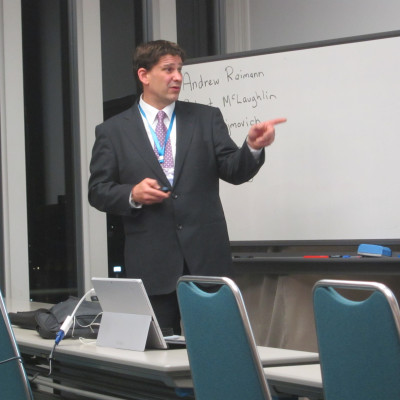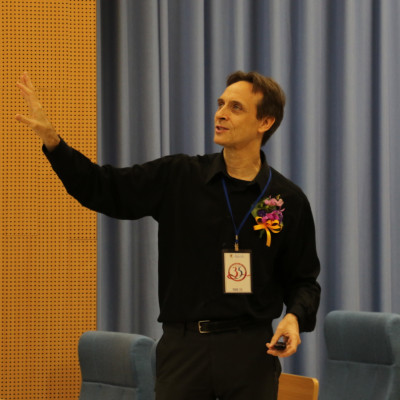Sessions / Workshop
Promoting Intercultural Competency in the ESL/EFL Classroom: Connecting Goals with Practical Learning Activities #1676
Language educators often speak of using techniques and activities appropriate for each stage of language learning, but when it comes to incorporating intercultural learning in the language lessons there sometimes is little consideration given to the learners' developmental stages. The consequences of ill-matched activities can lead to little or no growth in intercultural competency, or even reaffirmed and deeper cultural misunderstandings. In this presentation we will discuss how to incorporate and effectively incorporate intercultural learning into the ESL/EFL classroom according to the learners' intercultural developmental stage, age, language ability, and other factors, with activities and techniques grounded in intercultural relations theory and methodology coupled with ESL pedagogy.
The presenter will also share from an English course entitled “Fostering Multicultural Identities” that has been used in various learning environments. Building from the definition of culture as the “learned and shared patterns of beliefs, behaviors, and values of groups of interacting people” (Bennett, 1998) we can say that a multicultural individual is a person who belongs to, or identifies with, a multiplicity of said groups. Breaking the stereotype that culture equals national or ethnic culture is the first step to understanding multiculturalism in a new and unique way. Once learners grasp a more complex concept of culture, they are enabled to see different patterns of separate micro- cultures such as school culture, family culture, work culture, culture shared among sports teammates or a club, etc. This in turn liberates deeper understanding and acceptance of the diverse nature of culture within a given society without having to rely on ethnic or national cultures that permeate the discourse of multiculturalism. Through this presentation participants will learn activities suited to learners’ intercultural development stages, techniques on reframing culture, as well as discover new methods in connecting intercultural learning goals to their own specific EFL/ESL teaching environments while considering intercultural learning objectives.
Interview with Joseph Shaules #1677
Joseph Shaules (PhD) is an author and educator in the field of language and intercultural education. He is the Director of the Japan Intercultural Institute and is a Specially Appointed Professor at the GIC Center, Keio University, Tokyo. He is the host of the Deep Culture Podcast. Books include: Language, Culture and the Embodied Mind (Springer); The Intercultural Mind (Intercultural Press), and Deep Culture (Multilingual Matters).

